Meet Amanda Reiman | Social Scientist
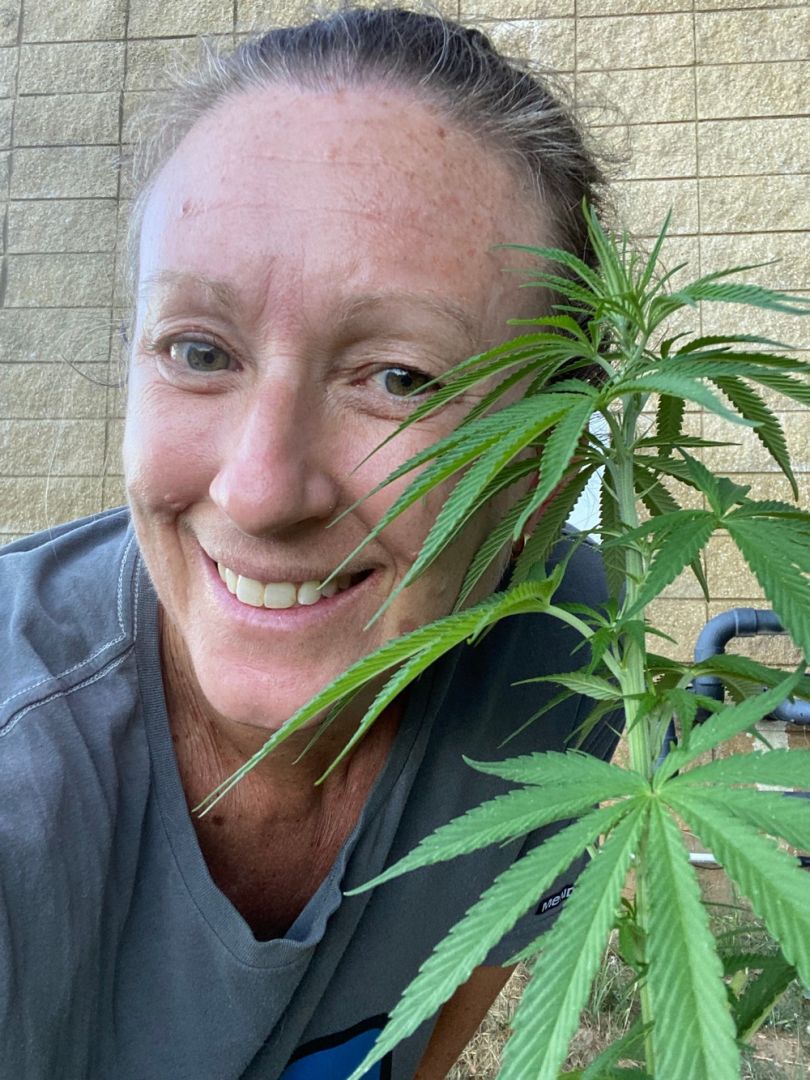

We had the good fortune of connecting with Amanda Reiman and we’ve shared our conversation below.
Hi Amanda, how does your business help the community?
I believe that the industrialization of the modern food supply has been one of the biggest threats to global health. As plant medicines become more prevalent in the modern medicine cabinet, and the use of plants for spiritual healing more accepted, I am concerned that we will see the same trajectory as we have with food-processed, cheap and devoid of it’s natural value, paired with a disconnect between the shiny packaged good and it’s source. This disconnect has had disastrous impacts on the humanity behind meat production and the environmentalism around vegetable and fruit production. Connection and personal cultivation are antidotes to mindless consumption and we owe it to plant medicines to create a culture of respect and knowledge around their uses and histories. The mission of Personal Plants is to combat the “fast food-ification” of plant medicine by educating people on how to grow and process these plants at home, and fighting for the right to grow plants for personal use. We seek to reduce the waste and environmental impacts associated with commercialized plant medicine by creating a culture of personal and community cultivation and deepened plant relationships.
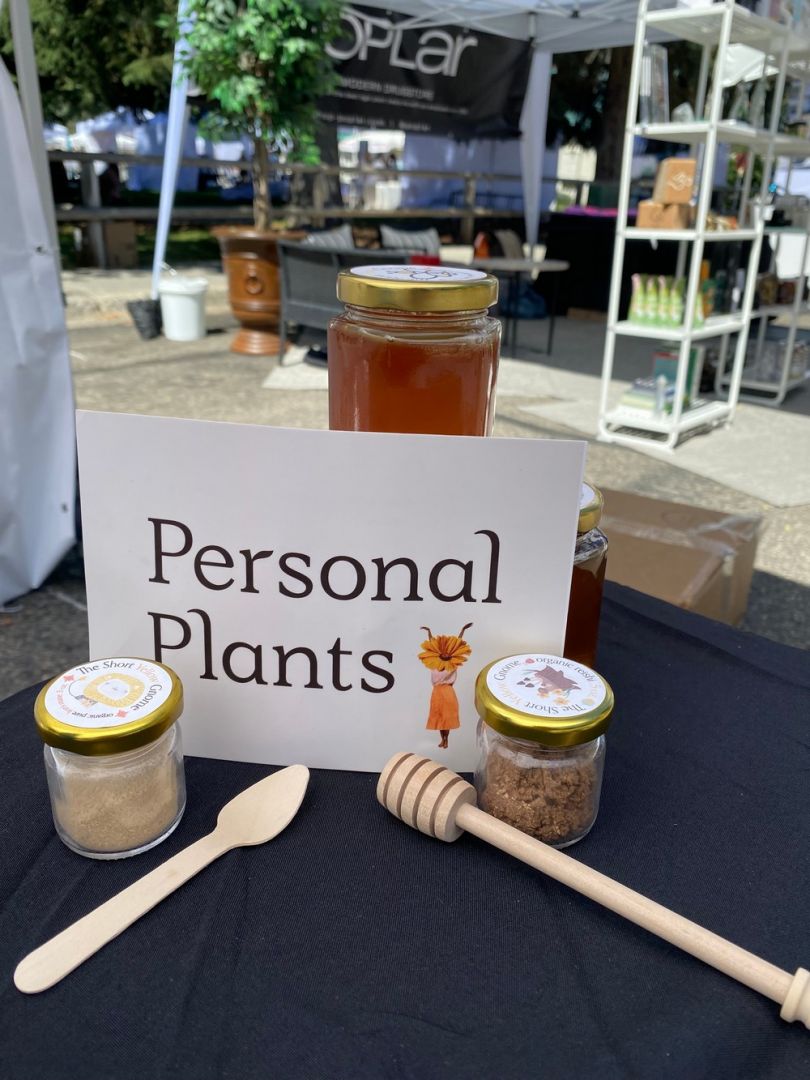
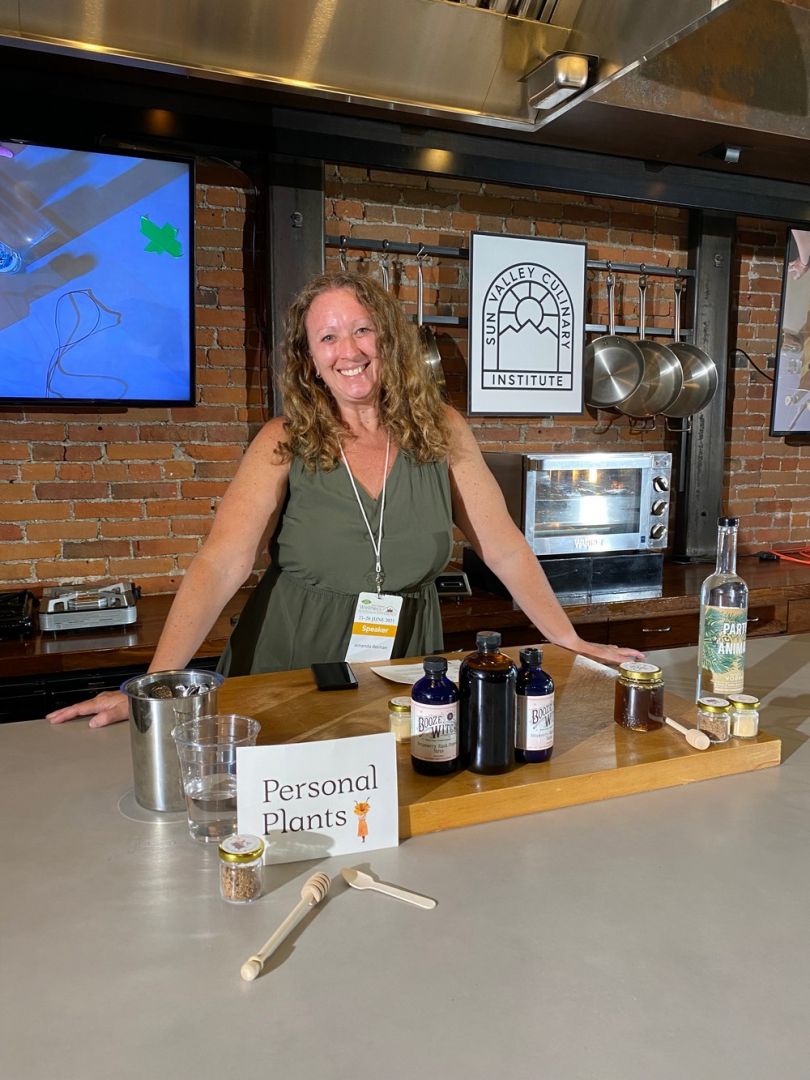
Alright, so let’s move onto what keeps you busy professionally?
In the late 90’s, I was diagnosed with arthritis in my feet. I was in my 20’s and was presented with the option to begin regular steroid injections and anti-inflammatories. I was concerned about the impact of chronic use of those medications on my liver and other organs, so I decided to try a different approach. I had been using cannabis recreationally, and lived in Chicago, where it was definitely not legal at the time. Obtaining my medicine was difficult and sporadic. I tried for two years to grow my own plants in my tiny apartment. Then, in 2002, everything changed when I moved to Oakland, CA to begin the PhD program in Social Welfare at Berkeley. In 2002 in the Bay Area, the cannabis movement was thriving. Unregulated, yet tolerated dispensaries were common in Oakland, Berkeley and San Francisco. A few months after moving there I got my first medical cannabis card. After visiting dispensaries, I knew that change was coming. And while cannabis was the catalyst, it was something bigger. Yes, dispensaries provided cannabis, but also community health. Patients had access to fresh food, the internet, alternative health services like massage and acupuncture and entertainment like open mic and arts and crafts. As a social worker, I knew that this was not the typical health care environment, and as a scientist, I knew that this model of care was effective, especially for marginalized people, which many patients were. Modern medical cannabis was born out of the HIV movement in San Francisco and much of the culture transferred as well. I decided to study these early dispensaries from a public health perspective. I was the first scientist to study medical cannabis use from the patient perspective and from inside a dispensary. I also found the joy of growing my own cannabis on my balcony in Oakland. This was the cannabis future I wanted to see for society, rooted in community, focused on health and wellness and inclusive of the power to grow your own. Twenty years later, I am disheartened to see how capitalism and commercialization have infiltrated this vision. The community based dispensary model has been replaced by slick Apple-store like retailers, and the focus on health and wellness has been replaced with celebrity endorsements and highly potent products. Cannabis companies are now actively lobbying against home grow, and with psychedelic plants now in play, I am concerned for the future of plant medicine because I have seen and studied its potential as a community and wellness tool.
I founded Personal Plants as an antidote to the commercial plant medicine machine. In my time as a patient, grower and social scientist I have come to understand that capitalism and public health are like oil and water. Personal Plants aims to open up a different path for plant medicine, one that pairs the power of plants with the hands of people.
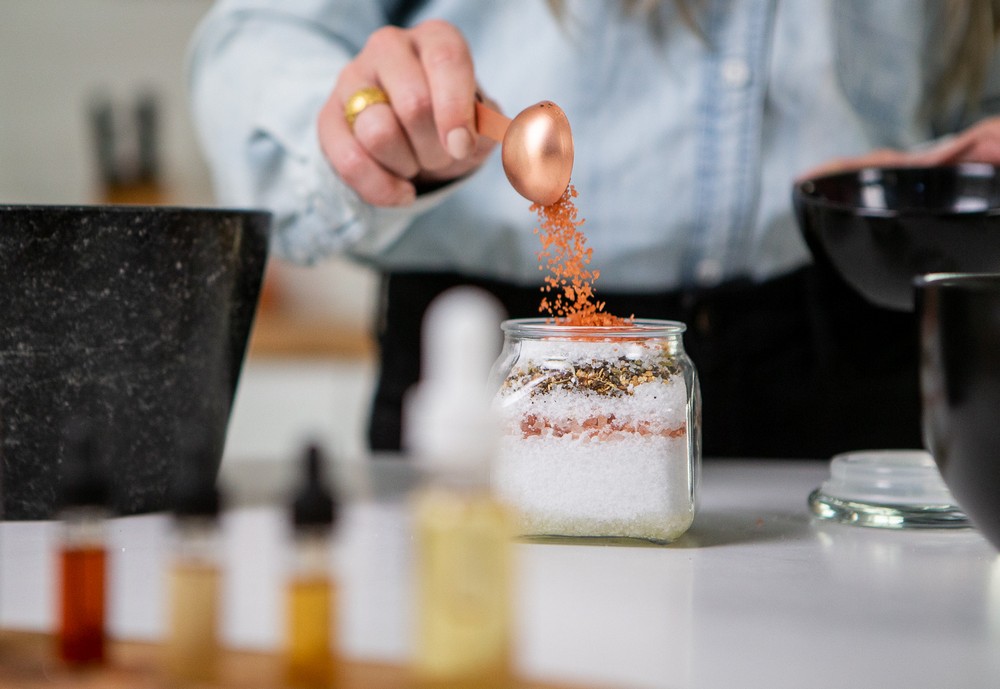
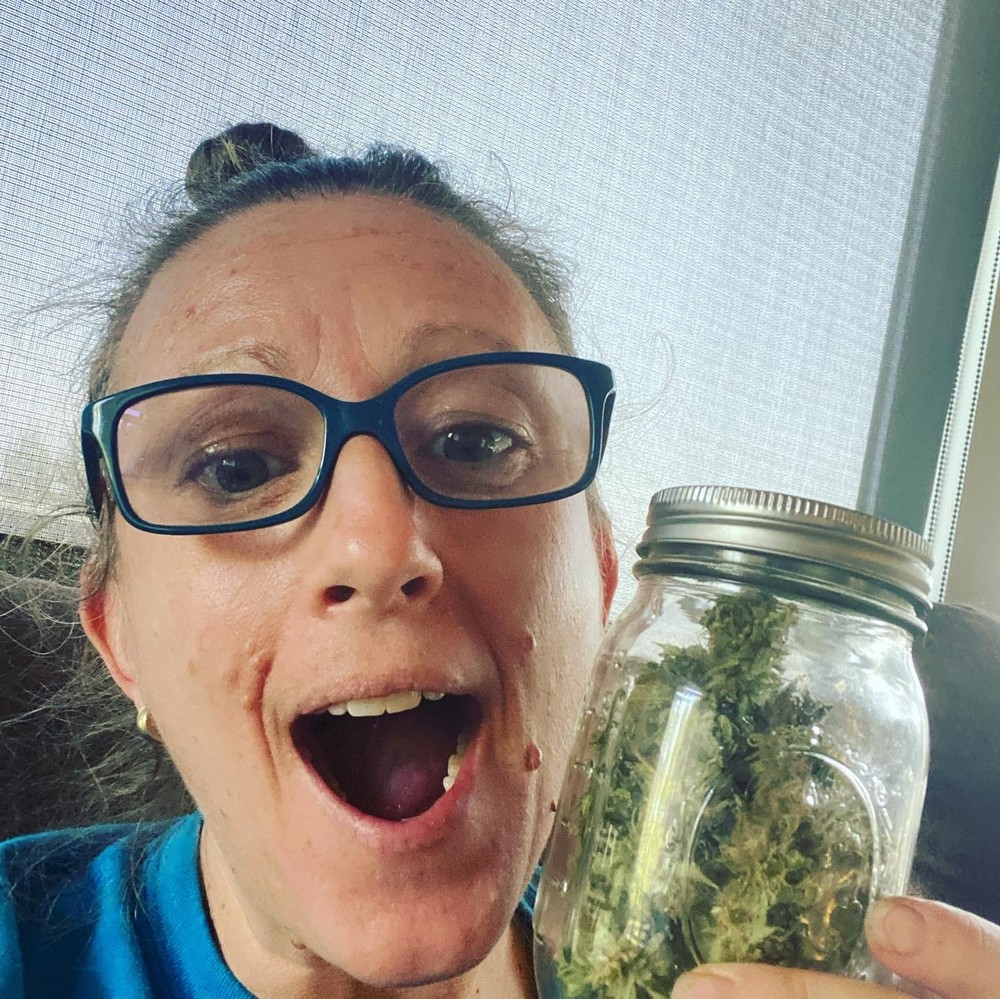
Any places to eat or things to do that you can share with our readers? If they have a friend visiting town, what are some spots they could take them to?
Well, I am not in SoCal, lol, I am up in Mendocino County. But, if I were to give suggestions up here, I would say drive up 101 from the Bay Area and stop in Hopland, the first “town” in Mendocino County. There is some great wine tasting and food (Graziano tasting room, Golden Pig or StockFarm for food!). Then, continue up 101 and then hop on 253 towards Booneville. This is a super cute area in Anderson Valley with great beer, wine, cheese (Pennyroyal!). Head towards the coast and stop at the Bohemian Chemist in Philo, a great cannabis dispensary with amazing local products! The views on the way to the coast are amazing! Once you get to Highway 1, head north towards the town of Mendocino. There are a ton of charming B and B’s and hotels. You can stay in Mendocino, or head up the coast to Albion or Ft. Bragg, which also has amazing views and options to stay overnight. If the weather is nice, stop at the Mendocino Botanic Gardens! And of course, weed is ok everywhere 🙂
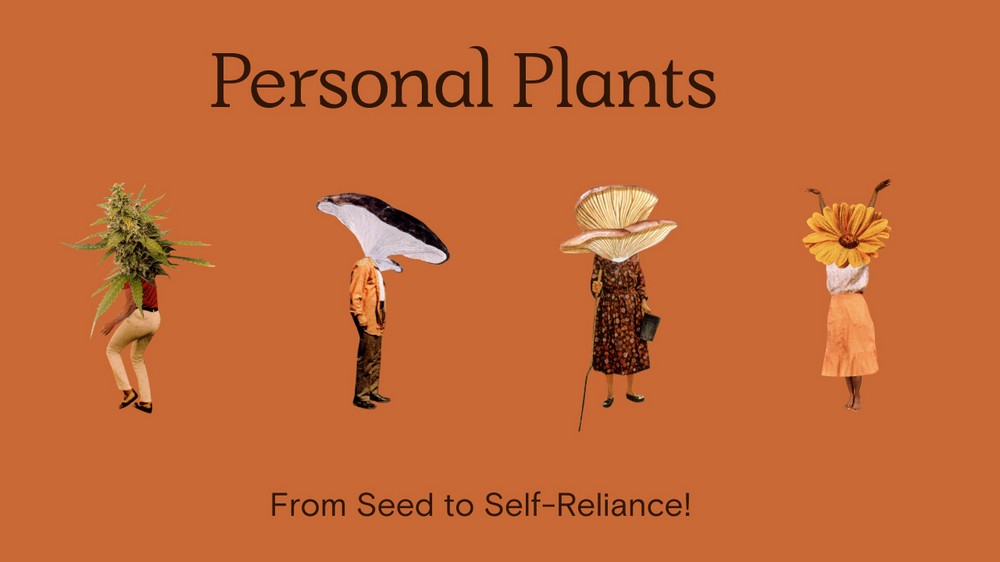
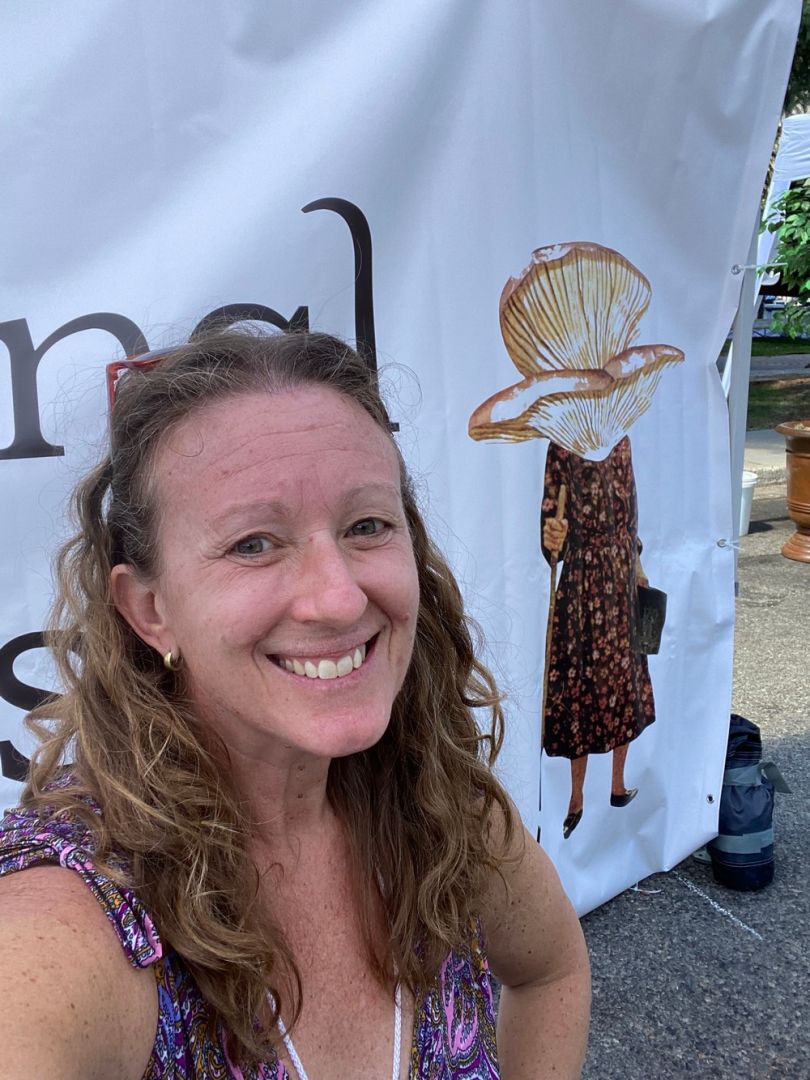
Shoutout is all about shouting out others who you feel deserve additional recognition and exposure. Who would you like to shoutout?
I am fortunate to have had many mentors in my life, both individuals and organizations. These people and groups showed me that highly stigmatized issues need pragmatic leaders armed with evidence and a critical eye. And they include Drs. Rob MacCoun and Peter Reuter who wrote Drug War Heresies in 2000. Dr. Ethan Nadelmann, who founded Drug Policy Alliance, Dr. Eileen Gambrill and Dr. Lorraine Midanik, my mentors at UC Berkeley. Fierce women scientists who took on propaganda and taught me to question everything, but to also have the skills to seek the answer. Organizations like Students for Sensible Drug Policy, Drug Policy Alliance and NORML, who have worked tirelessly to undo the harms of the drug war and de-stigmatize drug use. Dr. Carl Hart who has blown the lid off of what it means to use legal vs. illegal drugs and the myth of all drug use being abuse. With cannabis legalization seemingly on auto-pilot and the use of psychedelic drugs becoming an accepted medical practice, it might seem like these changes happened all at once. But I know better because I have witnessed the thankless and often invisible work that happens for decades before we see actual societal change.
Website: https://www.mypersonalplants.com
Instagram: @PersonalPlants
Linkedin: https://www.linkedin.com/in/amanda-reiman-phd-msw/
Twitter: @AmandaReiman
Facebook: https://www.facebook.com/amanda.reiman.5/
Other: https://discord.gg/qJRCtRpHFf
